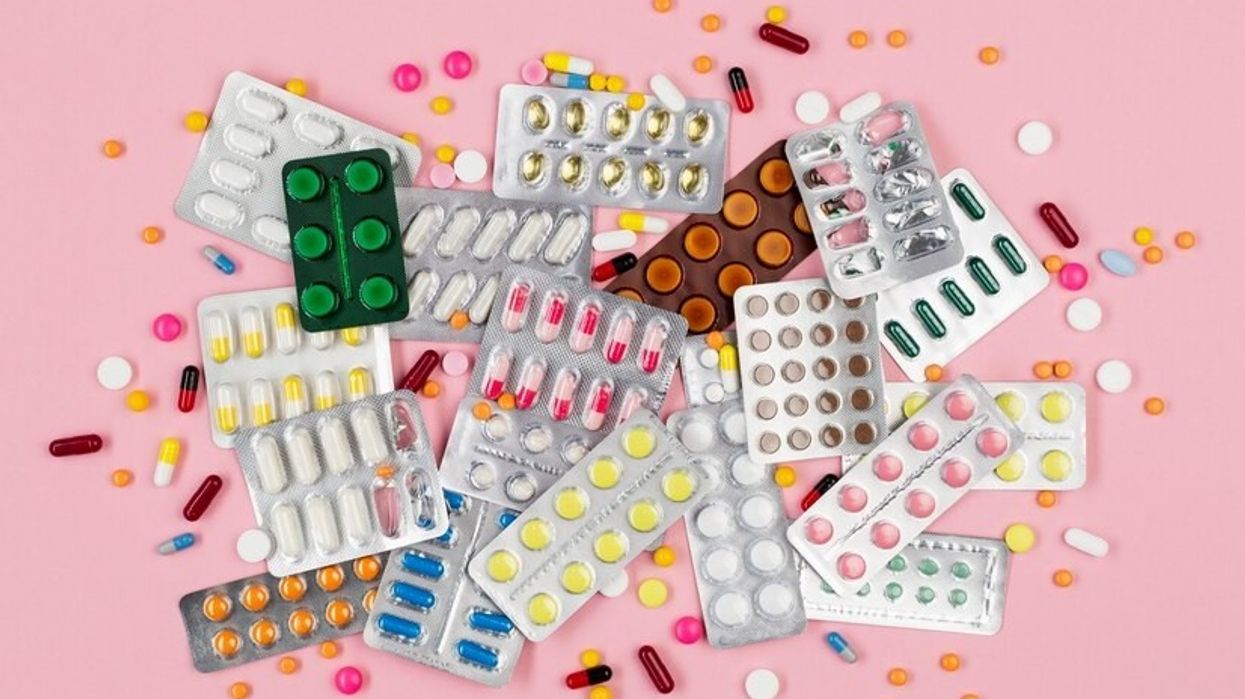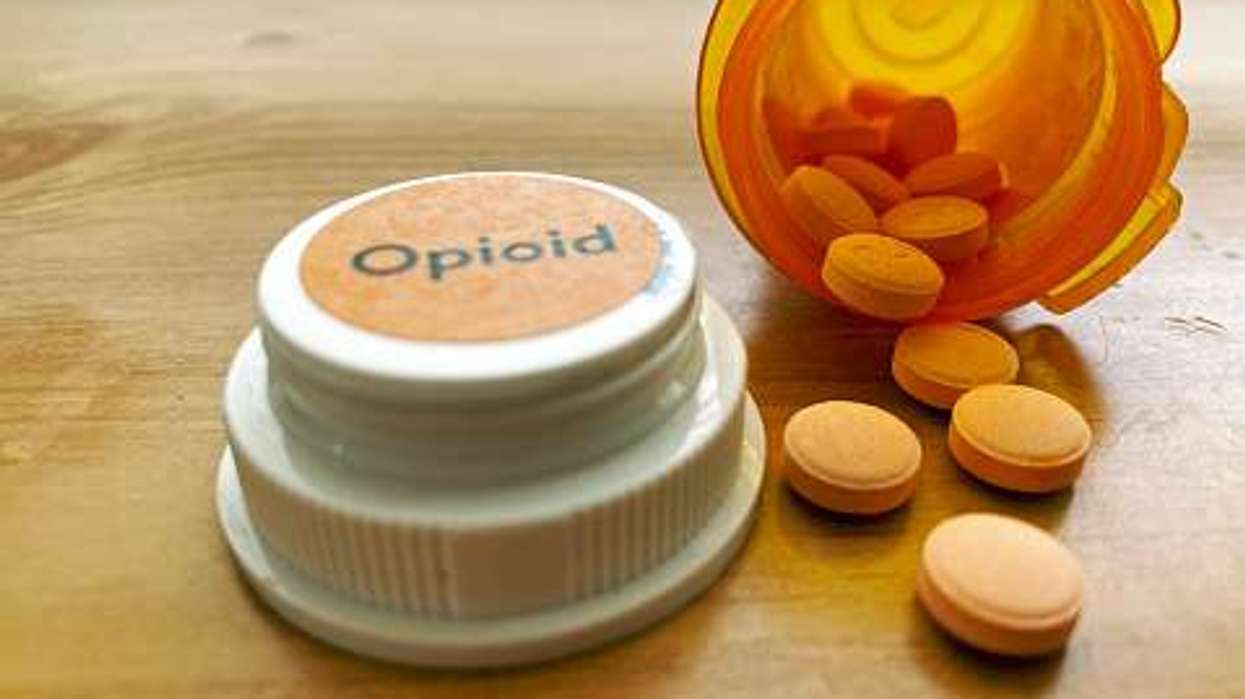Key Summary
- MHRA has advised people to store medicines at temperatures below 25°C
- Heat can break down the active ingredients in medicines and reduce their effectiveness
- Medical devices like blood glucose monitors should also be kept away from heat
- People taking blood pressure medication and diuretics should drink more water, as they risk getting dehydrated
As the UK braces for another heatwave this week, the Medicines and Healthcare products Regulatory Agency (MHRA) is reminding people to store medicines away from high temperatures.
Hot weather also alters how your body responds to medications, which can impact individuals managing long-term conditions.
MHRA chief safety officer Alison Cave said during heatwaves, people are keen to get out and enjoy the sunshine.
"But it’s easy to forget that medicines left in the heat – in cars, bags, or on sunny windowsills – might not work properly when you need them," she said.
“Some medicines can also make you more likely to burn in the sun, feel dizzy, or get dehydrated, especially if you’re taking diuretics or have a condition like asthma, heart disease, or diabetes," she warned.
MHRA has advised people to store medicines at temperatures below 25°C.
Heat can break down the active ingredients in medicines, meaning they might not work when you need them.
This includes tablets, inhalers, hormone patches, insulin, and EpiPens.
Medicines such as insulin or certain liquid antibiotics that require refrigeration are more susceptible to heat damage.
If they’re left out too long or stored incorrectly, they may not work properly when you take them, MHRA has warned.
Heat can also affect some medical devices, like blood glucose monitors. They may provide less reliable readings if used or stored in hot conditions.
Keep devices and any test strips somewhere cool and dry, and check the instructions that came with them for any temperature guidance.
People taking blood pressure medication and diuretics have been advised to drink more water.
Those taking diuretics tend to lose more fluid through urination, and this can cause dehydration and mineral imbalances.
Blood pressure medicines can make it harder for your body to regulate temperature, especially during sudden hot spells.
Some diabetes medicines, including insulin and metformin, also increase the risk of dehydration.
Antipsychotic medications, such as olanzapine or quetiapine, or stimulant medications for attention disorders can increase your body temperature, making you overheat more easily.
People have been advised to avoid getting dehydrated, as it can cause dizziness, headaches, tiredness, confusion, and dark urine.
This is particularly dangerous for older adults, young children, and people with heart or kidney conditions.












